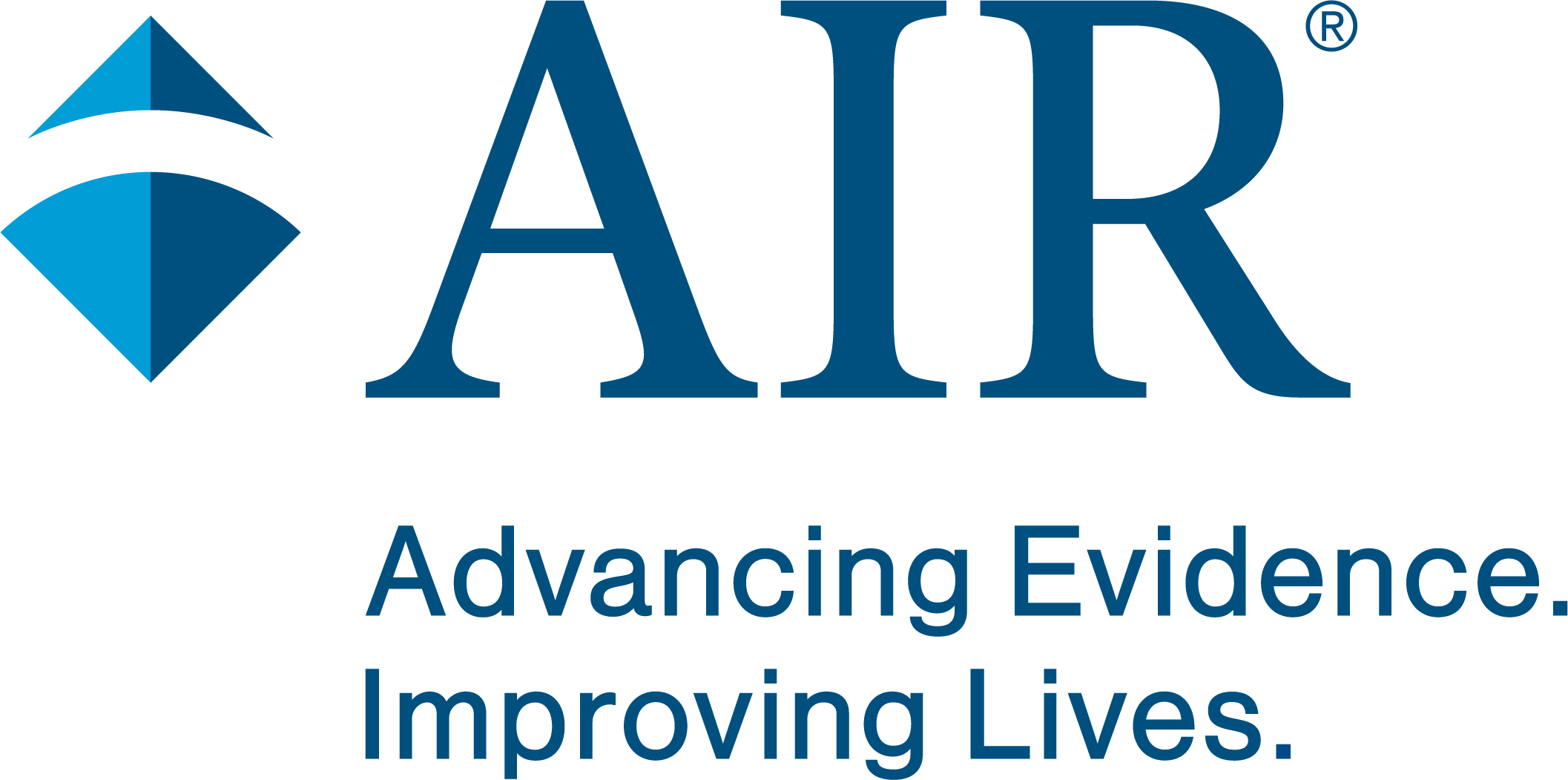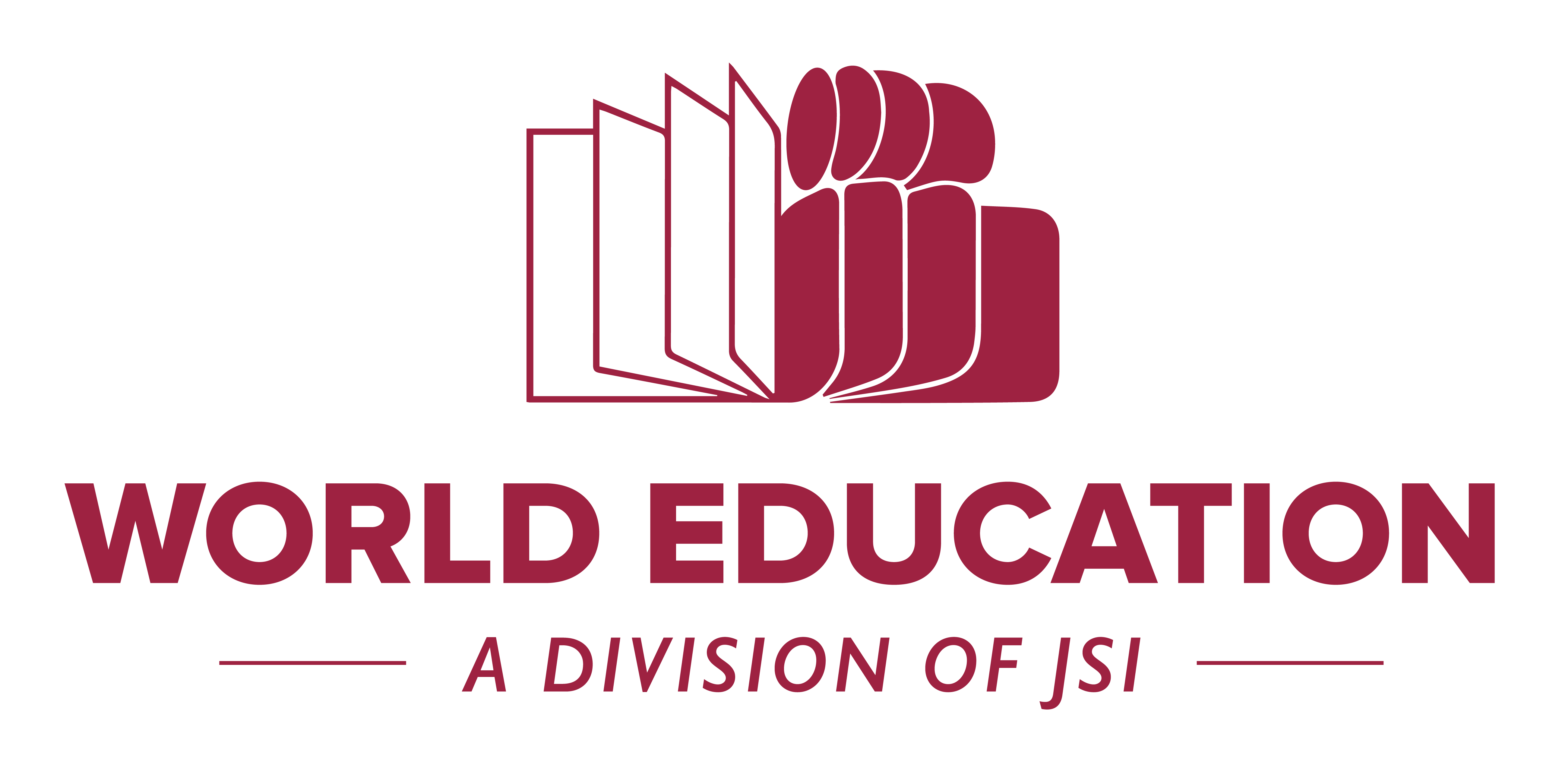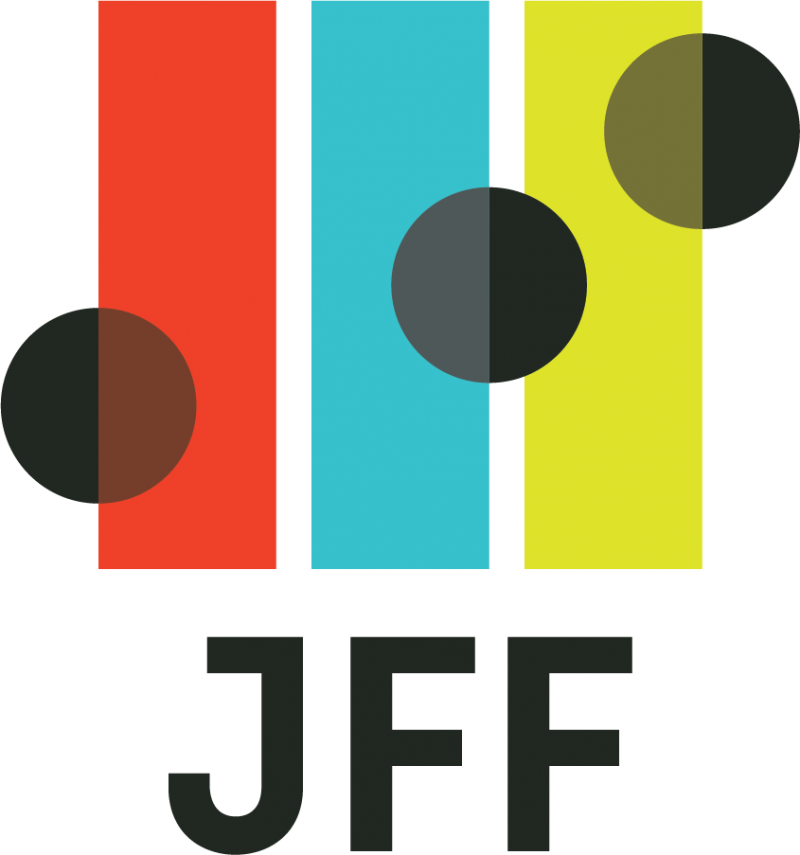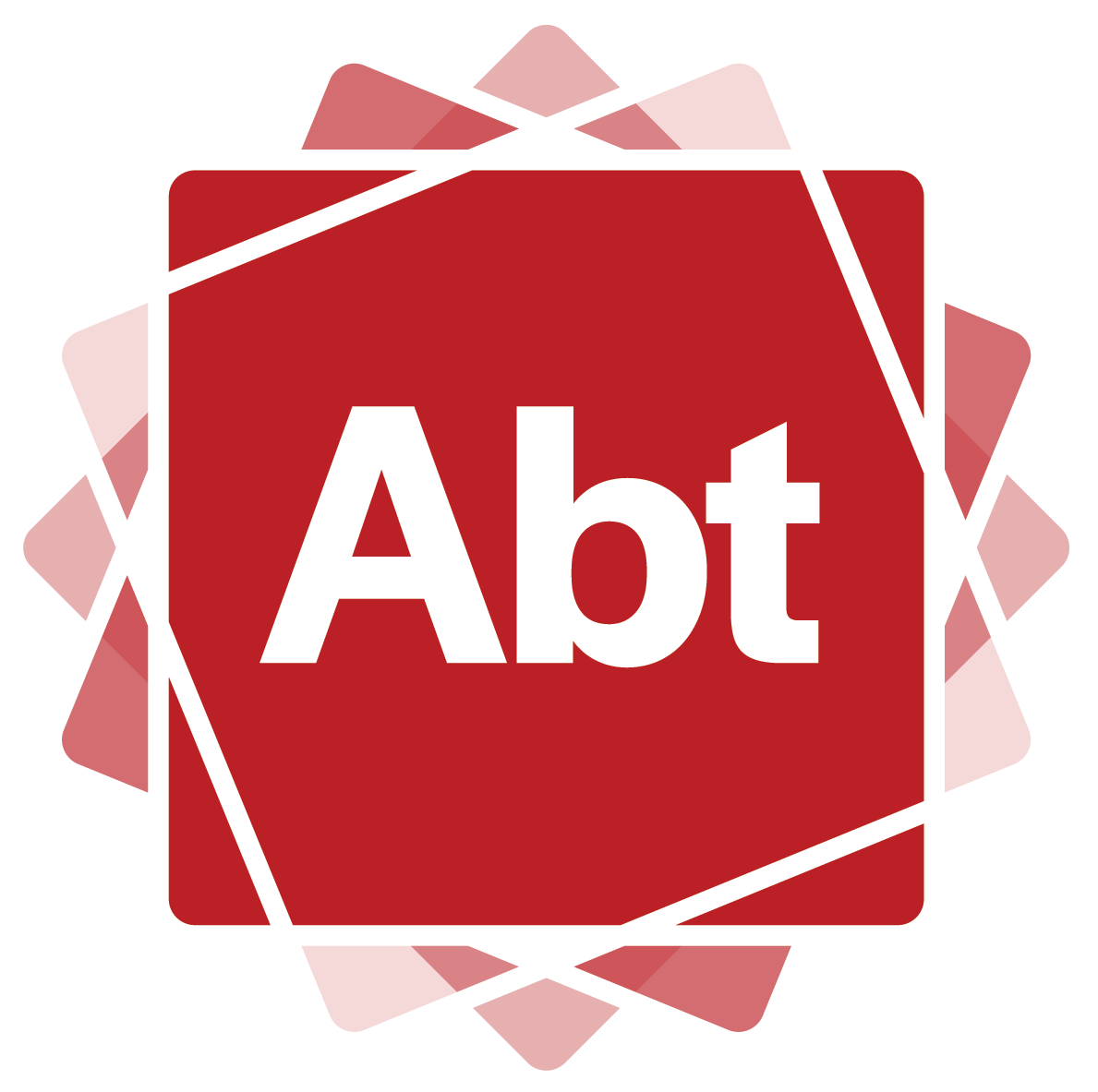Event
National Skills Coalition - National Skills Summit
The Skills Summit is an opportunity to mobilize and elevate the voices of our network to move our collective skills agenda forward.
Event
2024 ASCD Annual Conference
ASCD is holding their annual conference in Washington, DC. Visit their website for updates and more information.
Event
2024 AEE International Conference
You’re invited to join the Association for Experiential Education at ‘ELEVATE’, the 52nd Annual International Experiential Education Conference taking place this November 14-16 in Estes Park, Colo
Event
NAWDP 40th Annual Conference
Mark your calendars to attend the National Association of Workforce Development Professionals (NAWDP) 40th Annual Conference on May 20-22, 2024 in San Antonio, TX. NAWDP's Annual Conference has become one of the largest annual gatherings of workforce development professionals, with more than 1,600 attendees from across the country.
Resource
Promising Practices and Lessons Learned from Early Implementation of the TSTM Framework
Posted on
Description
This brief highlights key findings from the first component of The Teaching Skills That Matter (TSTM)-SkillBlox Instructional Support Pilot—an implementation study of the TSTM framework. Findings from this study—including promising practices and lessons learned in supporting TSTM-aligned instruction—are intended to shape TSTM-SkillBlox development but may also inform efforts in the field to support TSTM implementation.
Event
EdTech Strategy Session: Empowering English Language Learners
Hear about an innovative healthcare bridge program and how edtech can support evidence-based language learning!
Resource
Subject Area Frameworks for Adult Learners
Posted on
Description
These aggregate frameworks provide a structure to support learning in five subjects relevant to adult learners: Civics Education, Digital Literacy, Financial Literacy, Health Literacy, and Workforce Preparation. They include domains, topics, and subtopics in each subject. The frameworks were developed by aggregating existing curricula, assessments, and frameworks used in adult education and compiling insights from organizations and individual instructors. Use them to support Teaching Skills That Matter-aligned instruction, to locate and use resources in SkillBlox, or as a checklist for planning instruction and assessment.
Resource
Building Knowledge and Evidence About Using Digital Technologies in Adult Foundational Skills Programs
Posted on
Description
Recent activities and events spurred adult educators’ interest in digital technologies, including the Barbara Bush Foundation Adult Literacy XPRIZE competition; the development of digital products by adult education publishers; and the COVID-19 pandemic, which prompted adult foundational skills programs to shift from in-person classes to virtual instruction. As interest in digital technologies grows, the need for information about how to implement these technologies and what works for whom under what conditions also grows.
Although some form of technology has been used to teach adult foundational skills for at least 3 decades, the knowledge base about the implementation and effectiveness of technology with adult learners is limited. The recent expansion of technology use in adult foundational skills programs suggests the need for increased efforts to develop knowledge and evidence about the types of technologies and tools that can be used effectively to assist adult learners in enhancing their foundational skills and facilitating their lifelong learning.
Author: Judith A. Alamprese, Principal Scientist, Abt Associates
Read the attached article below for the full paper.
Resource
Highlighting Innovative Practitioner Uses of Digital Technologies in Adult Foundational Skills Instruction
Posted on
Description
Throughout the ongoing COVID-19 pandemic, teachers delivered instruction in new ways, drawing on technology tools and digital resources to support learners whom they could not teach in person (Belzer et al., 2020). To succeed, teachers had to redefine their work—especially in the way they planned or designed instruction (Vanek, in press). This break from traditional instruction served as a laboratory of sorts and illustrated the promise of educational technology (hereafter, edtech) for improving and enhancing instruction.
To explore and learn from the ways that adult educators are experimenting with digital technologies, the final convening of the U.S. Department of Education’s Institute of Education Sciences–funded Center for the Study of Adult Literacy included a session focused on this topic. The session titled “Leveraging Digital Technologies for Adult Foundational Skills Instruction” provided an opportunity for attendees to hear about promising strategies, resources, and practices that became visible through technical assistance provided by the EdTech Center@World Education to teachers, program administrators, and state-level leaders leading up to and throughout the pandemic.
Authors:
Dr. Jen Vanek, Director of Digital Learning and Research at The EdTech Center@World Education
Jeffrey Goumas, Senior Technical Advisor at The EdTech Center@World Education
Read the attached article below for the full paper.
Event
AERA Annual Meeting 2023
AERA is excited to host a dual-component annual meeting for 2023 that will be accessible, flexible, and rewarding for all participants! Visit this page for updates in the weeks and months to come.






